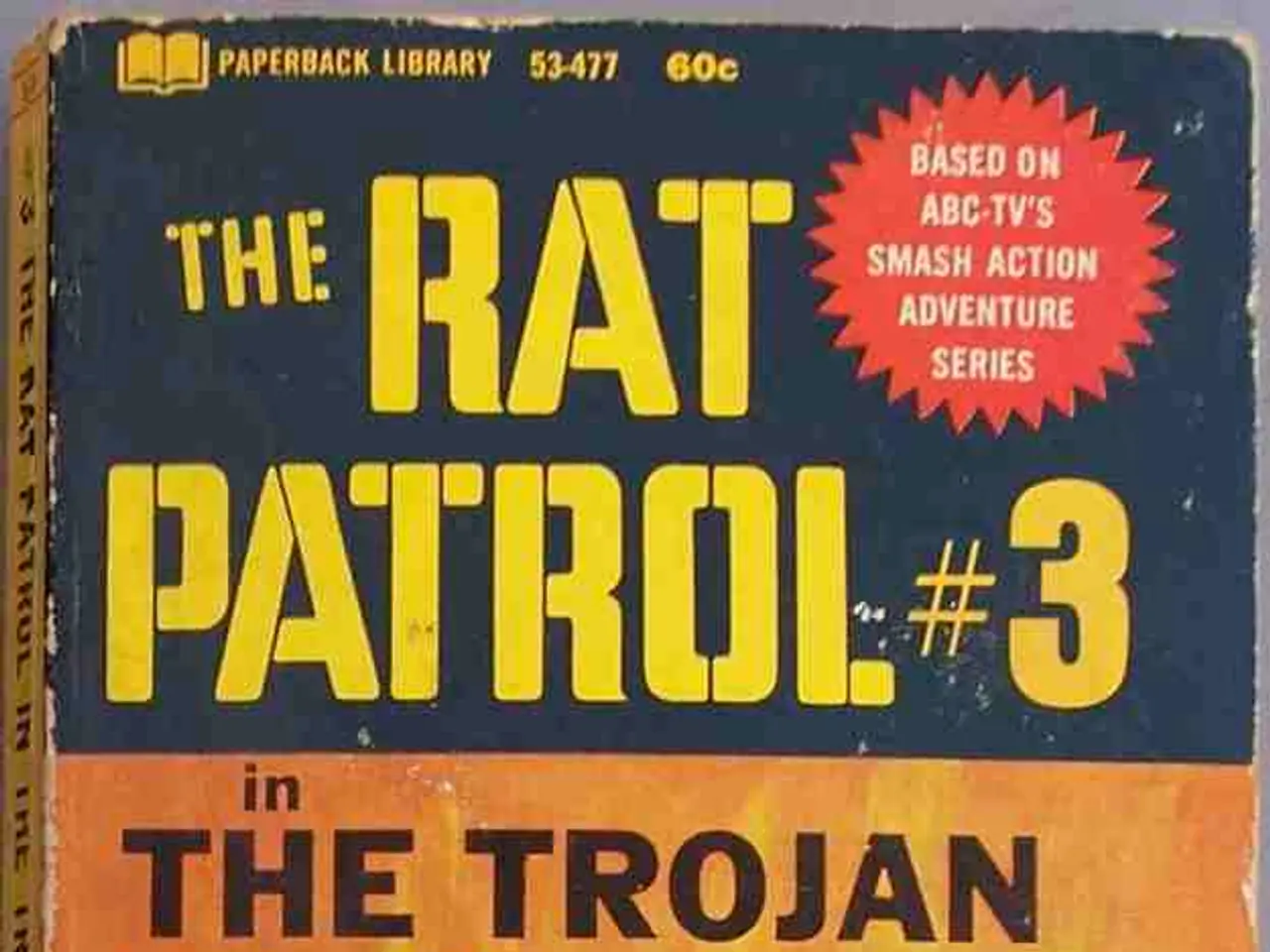Governor Hochul rebuffs Trump's interference with New York's National Guard
In the midst of ongoing political tensions, the authority over the National Guard's deployment in states like New York remains a contentious issue. According to legal experts, state governors hold primary control over their National Guard forces, and the president cannot unilaterally deploy troops within a state without the governor's consent, except under specific federal conditions.
New York Governor Kathy Hochul has been vocal about her stance on this matter, expressing a willingness to explore options to resist any potential takeover of the National Guard deployment by former President Trump. This stance comes in response to Trump's past actions, such as deploying the California National Guard without Governor Gavin Newsom's consent.
Under U.S. law, state governors have the primary authority to deploy their National Guard forces. The president can only federalize the Guard (Title 10 status) by calling troops into active federal duty, which requires certain legal thresholds to be met. In the case of New York, the governor must authorize any National Guard deployment within the state, including at the federal government's request.
Currently, many National Guard troops are assisting the NYPD in maintaining order in the subways and at correctional facilities. Governor Hochul has clarified that the National Guard's role is primarily a deterrent without arresting powers. She has also stated that Trump should not be saying the National Guard will have arrest powers.
Mayor Eric Adams has also expressed opposition to any outside interference in New York City, stating, "we don't need anyone to come in and take over." This stance aligns with the mayor's efforts to increase local cooperation with federal immigration enforcement, while opposing anyone taking over the city.
The ongoing disputes and lawsuits, such as the one between California and the Trump administration, serve to highlight the inherent tensions in federal attempts to assert control over Guard units in states that oppose such moves. The outcome of these cases could significantly impact future federal attempts to deploy Guard troops in Democratic states like New York.
In summary, during crises or unrest in Democratic cities like New York, the governor controls National Guard deployment and can deny federal requests. The president’s power over the National Guard is limited unless federalizing the troops under specific circumstances. The ongoing disputes and lawsuits illustrate the inherent tensions in federal attempts to assert control over Guard units in states that oppose such moves.
Read also:
- Massive 8.8 earthquake hits off the coast of Russia's Kamchatka Peninsula, prompting Japan to issue a tsunami alert.
- Court petitions to reverse established decision on same-sex marriage legalization
- Proposed Standardization of Food Labeling Laws Among Member States by the Commission
- Experimenting with Merz's Germany has stretched into an extended period of time, resembling a numerous three-month duration.








